Google is transforming the health industry by adopting AI technology to help everyone live longer and healthier lives. It focuses on creating healthcare experiences that meet individual needs and supports scientific discoveries to treat intractable diseases, including bringing happiness back to medicine.

Google's 4 pillars to transform global health
Google lays the foundation for its work in four key areas of healthcare, which effectively drive innovation and solve the world's biggest problems.
1. Bringing the most advanced AI to healthcare
Google has been investing in AI for more than 10 years. AlphaFold and Gemini Base Model that opens up new opportunities for disease treatment and medical research.
AlphaFold is an AI system that can predict the structure of proteins quickly and accurately. This innovation has led to the Google DeepMind team of Demis Hassabis and John Jumper winning the Nobel Prize.
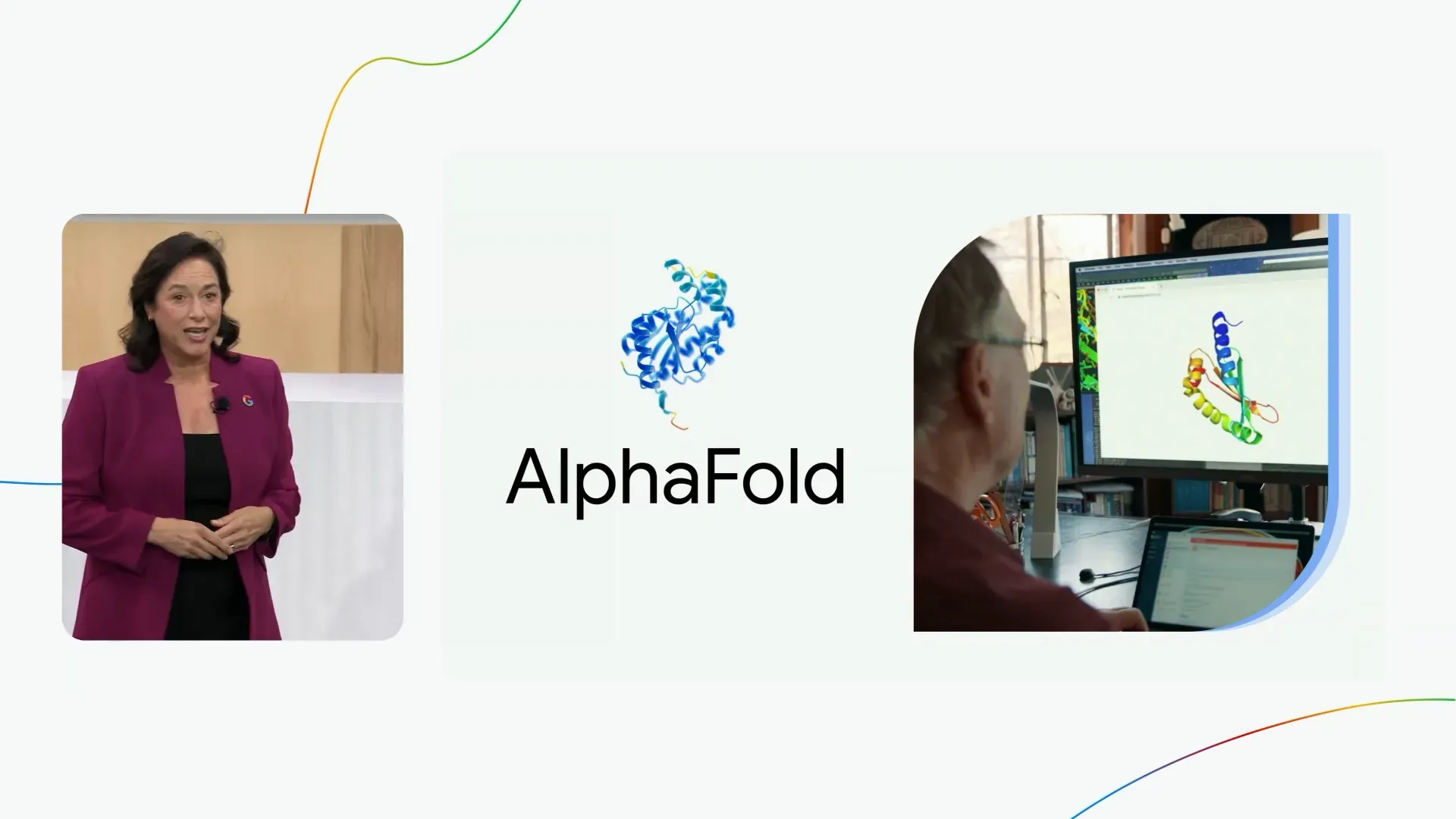
at the same time The Gemini model, a multimodal AI model that can process multiple data formats at the same time, such as text, images, and audio, as well as has the ability to reason, making it more suitable for solving complex problems in the health industry.
In addition, Google is entering the era of " Agentic AI This refers to AI that can plan and act on behalf of humans. Under the control of the user, AI becomes an effective partner in the laboratory or at the patient's bedside.
2. Meeting People Where They Are
Google is focused on providing the right information and knowledge at the right time. To help everyone take care of their health effectively. Whether it's a trivial matter in everyday life or an emergency situation that can occur at any time.
One example is the collaboration with eCare In India, more than 600 million people can safely and conveniently store their health ID cards in Google Wallet on their Android phones. This makes it easier to view vaccination history or book annual health check-ups.
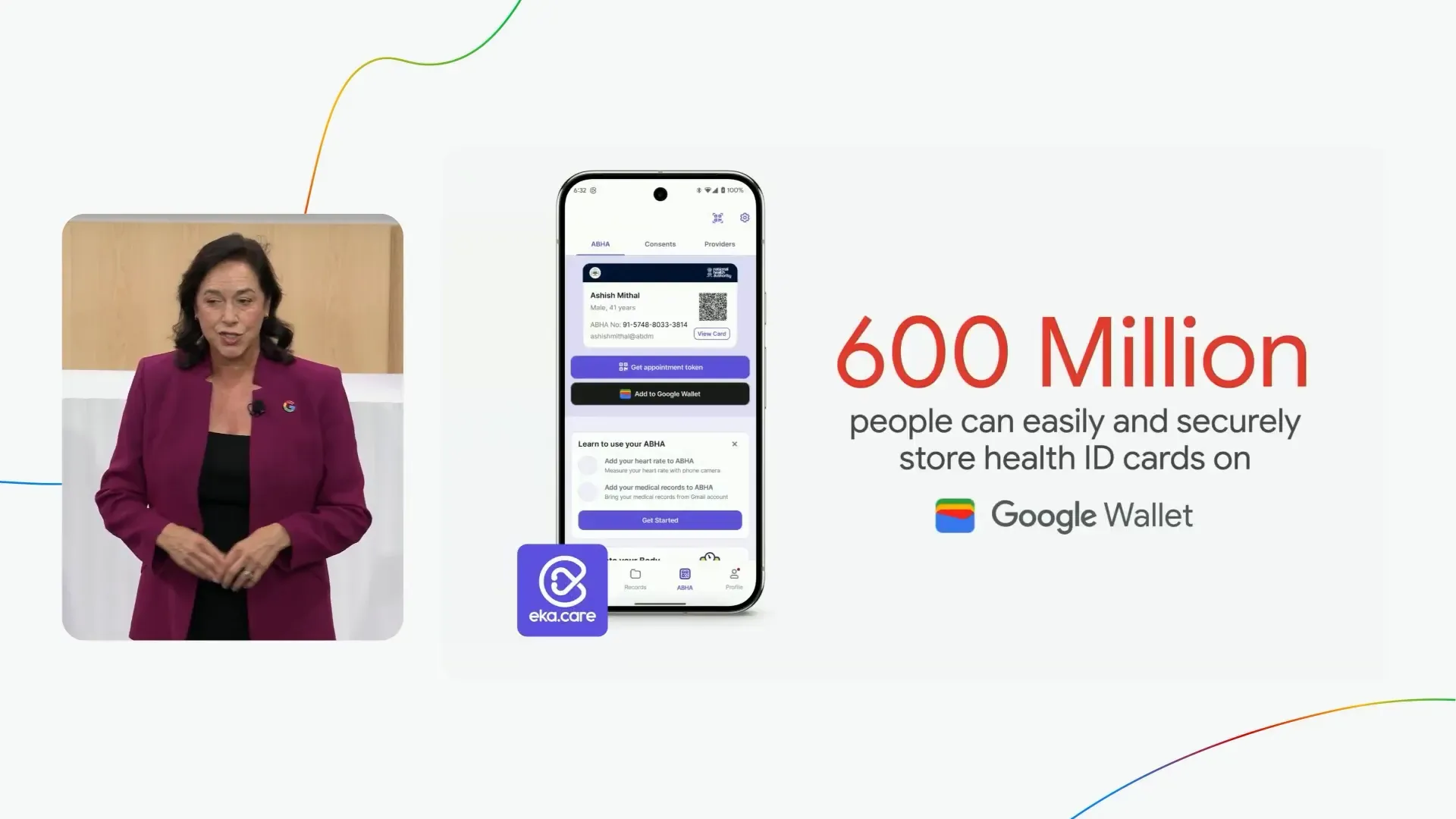
In the area of emergency care, Google has also developed a feature on Pixel Watch 3 It can detect heart rate loss and automatically call for emergency help on behalf of the user, which is an unprecedented feature in the market and can actually save lives.
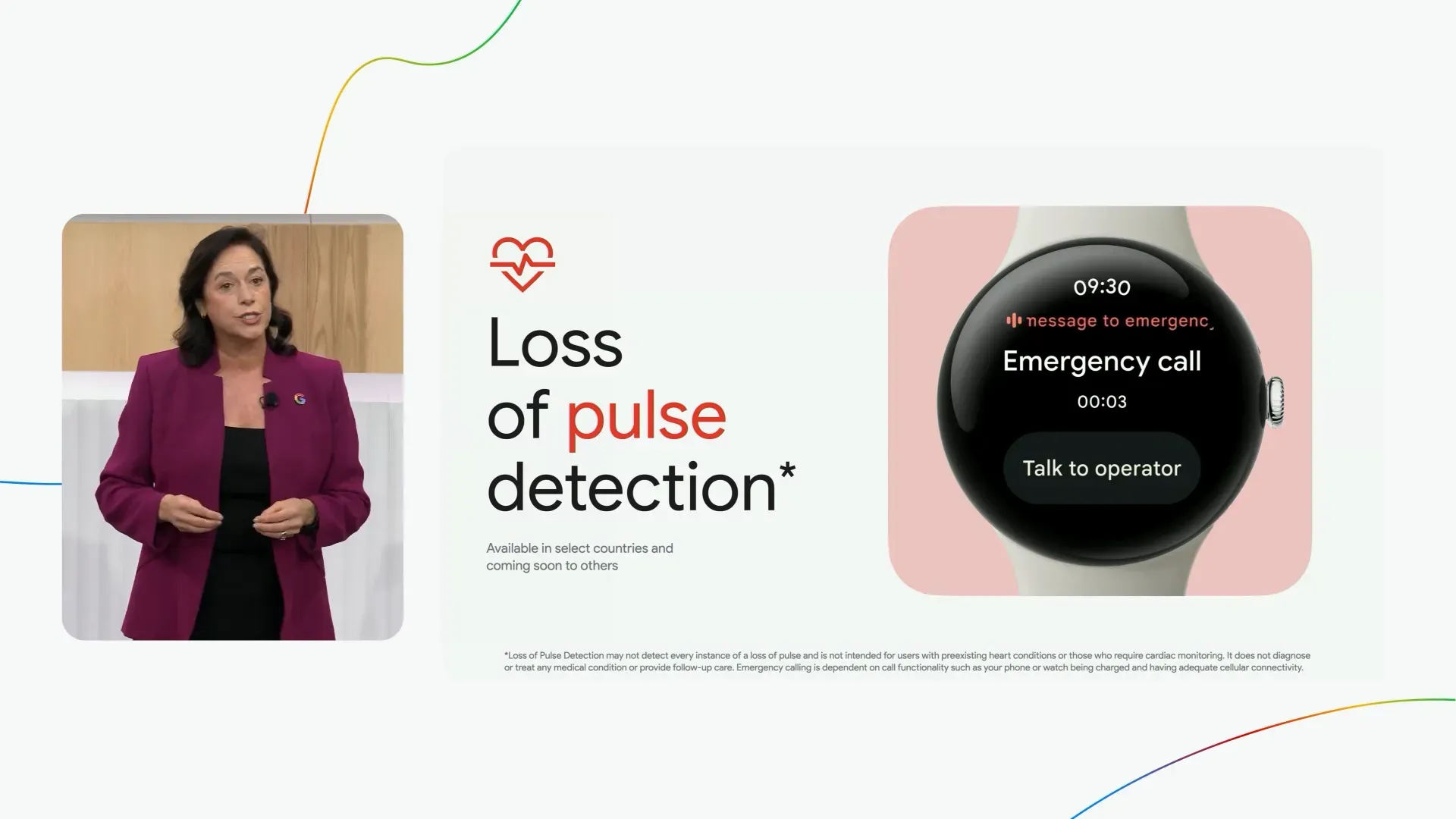
3. Modernize the health organization
The world has the same problems, such as a shortage of health workers, high costs, and an overabundance of information that is too much to handle properly. These problems are suitable for solving with a new generation of AI called Generative AI
An impressive example is HCA Healthcare in the U.S. using the Gemini model to create a patient referral system between nurses. This gives nurses more time to care for patients and reduces the time they have to spend on paperwork. The system was launched at one hospital and is now expanding to 10 more, increasing the number of beds from 40 to 1,000.
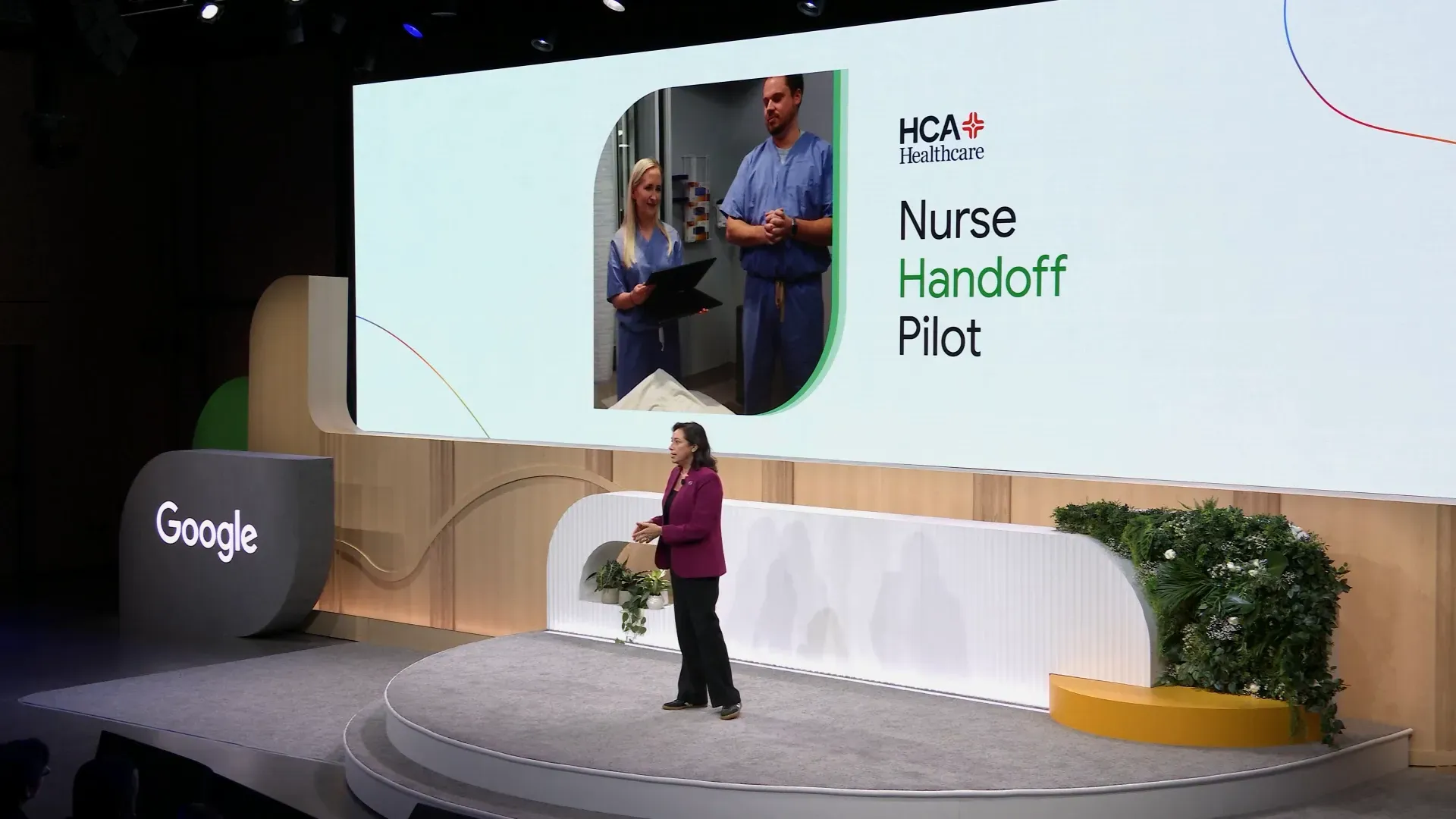
In India, Manipal Hospitals has successfully reduced the patient data transfer time from 1.5 hours to just 20 minutes.
Another example is Servi in France, which used Google's AI in the drug discovery process, reducing trial time from one week to just one day and reducing costs by 90%.
4. Build a strong health ecosystem
Google has not only developed AI, but also provided tools and platforms such as Android and Google Cloud to partners around the world to create health solutions that meet local specific problems.
For example, the Open Health Stack developed by partners in Uganda and Indonesia, an Android-based platform that allows community health workers to create offline applications that access patient data. Even in areas without internet signals.
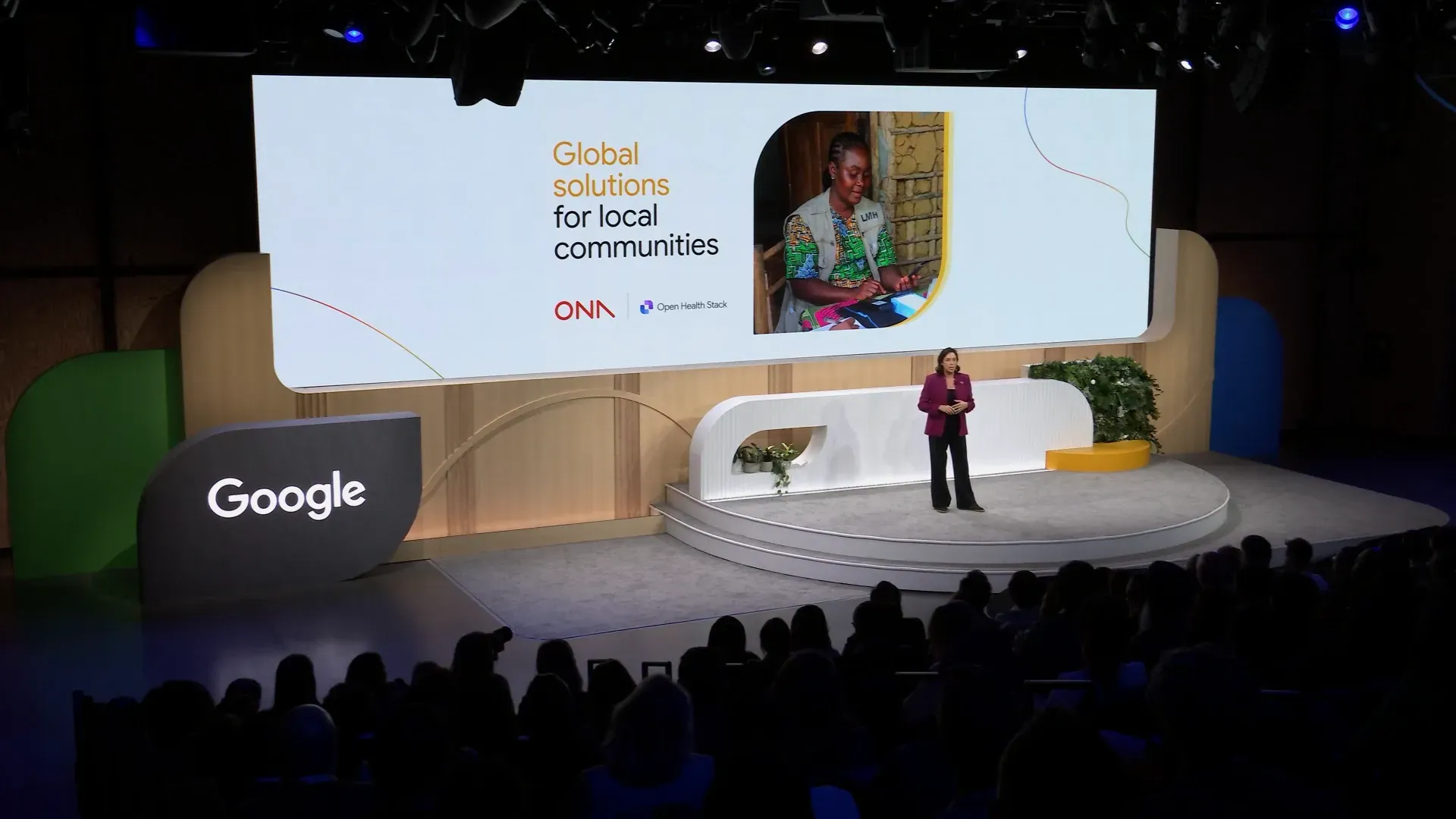
In addition, AI is used in conjunction with population health data to analyze and find health trends in the community, such as changes in air quality or influenza virus outbreaks, so that health authorities can plan and respond in a timely manner.
Telus Health In Canada, it is collaborating with Google, using research models to link medical data. To find ways to protect and take care of customers appropriately.
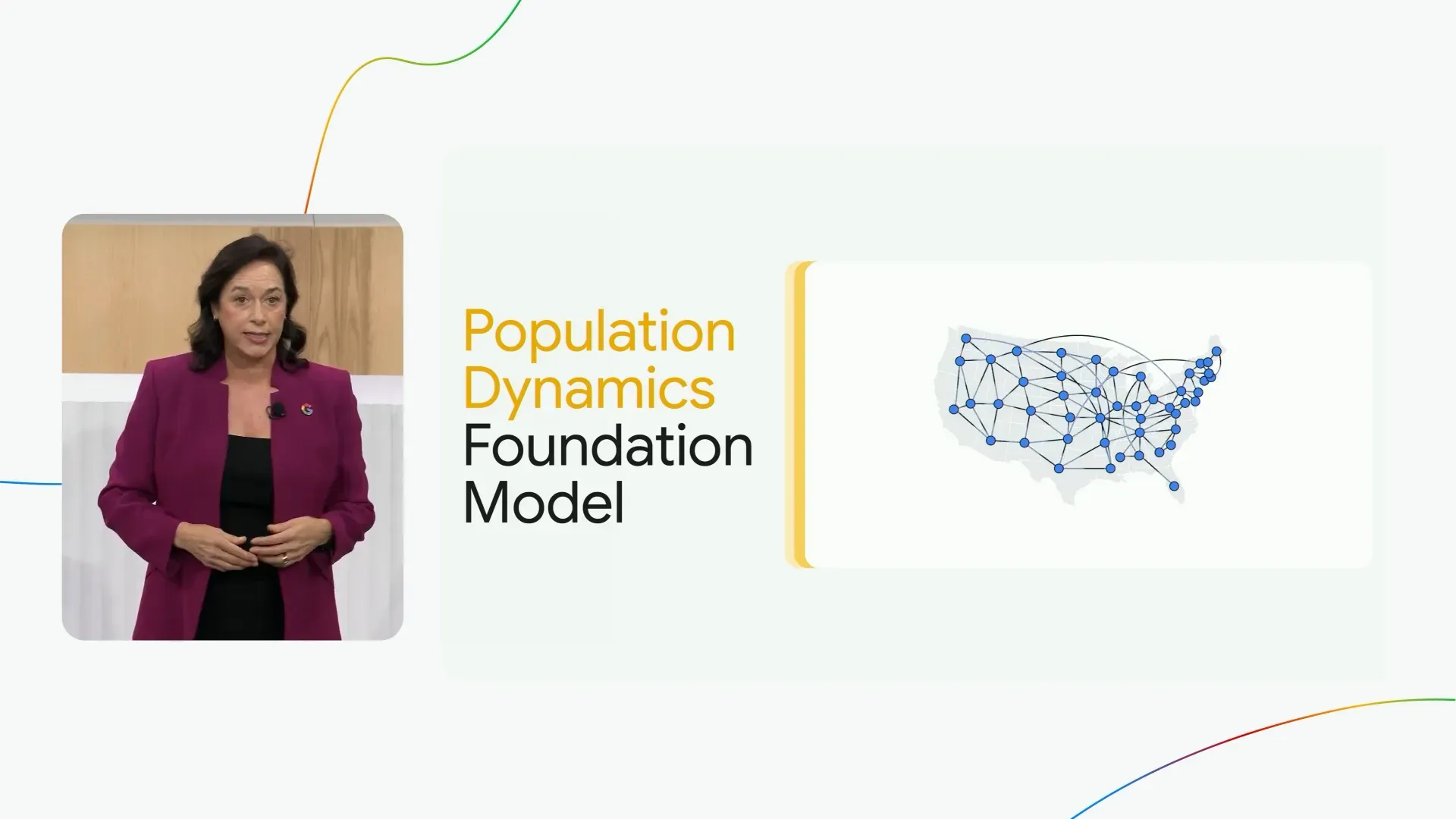
Technical Terminology Explanation
- AlphaFold: An AI system that predicts the three-dimensional structure of proteins from amino acid sequences, which helps researchers understand the function of proteins and develop new drugs faster.
- Multimodal AI: AI that can process multiple types of data, such as text, images, and audio, simultaneously to provide a deep and complete understanding of the data.
- Agentic AI: AI that can perform tasks on behalf of humans, such as planning and performing certain actions, while still being under the control of the user.
Conclusion from Insiderly
Google's application of advanced AI in the healthcare industry Not only does it make patient care more efficient and accurate. It also helps to research and develop new drugs quickly and significantly reduce costs. Prioritize access to the right health information at the right time. And in terms of solving problems for healthcare organizations around the world, AI reduces the workload of personnel and increases the time spent directly caring for patients.
Creating a health ecosystem that integrates open platforms and tools enables partners around the world to develop solutions that are tailored to specific contexts efficiently and sustainably.
With the progress of Generative AI Google is moving towards a future where everyone around the world is truly healthier, with AI as a partner that helps and supports patients. Medical personnel and researchers
Here's an overview of Google's strong vision to create a world where everyone can access the best healthcare in a way that truly suits their lives.


